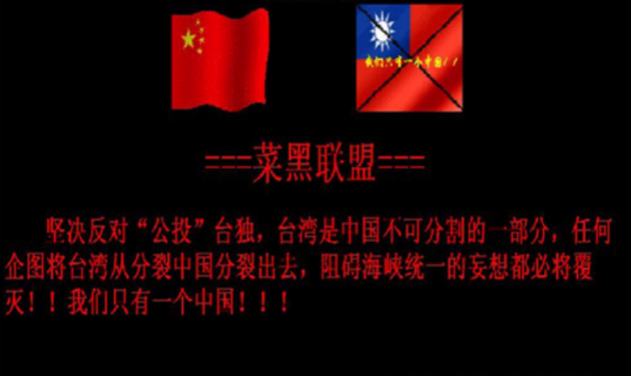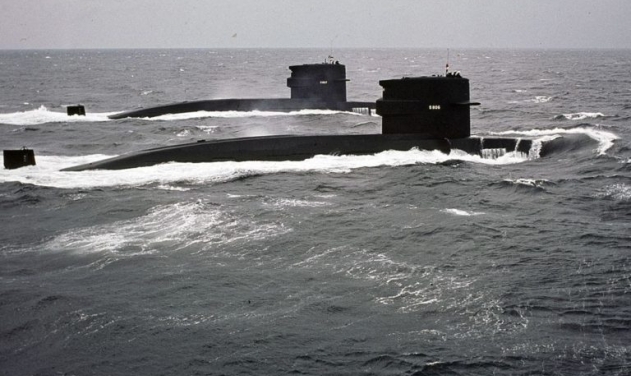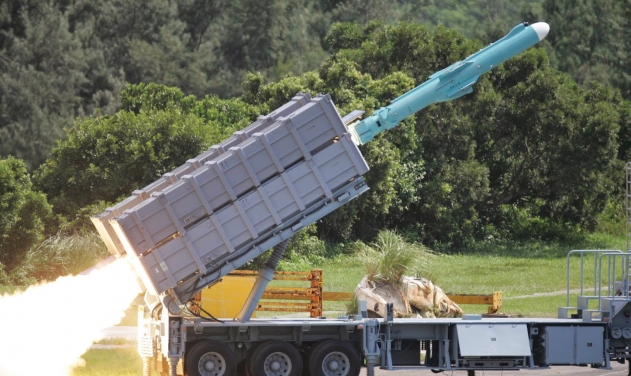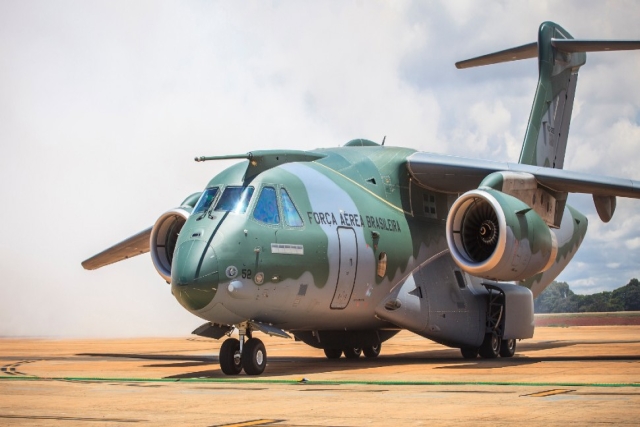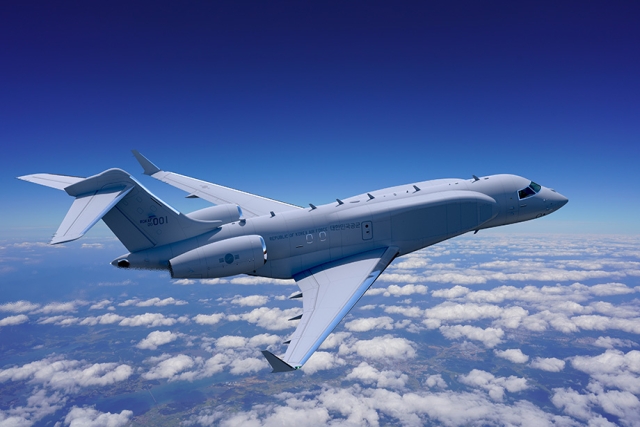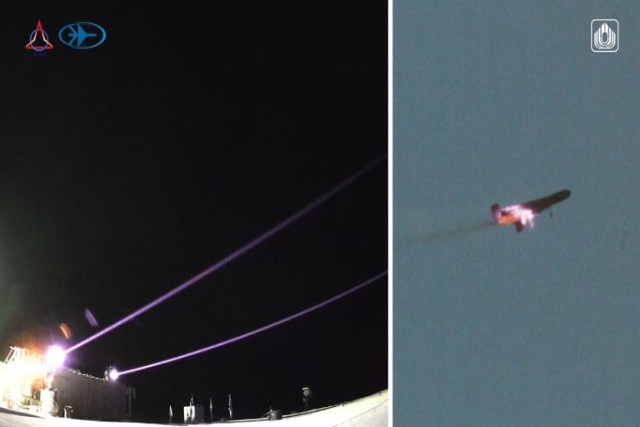Taiwan Seeks Weapons Against Possible Chinese Invasion
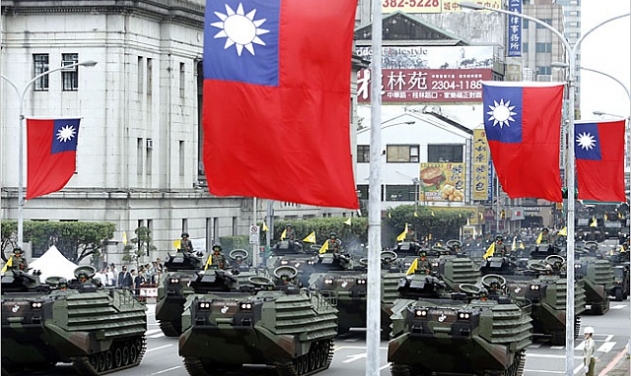
Taiwan Seeks Asymmetric Weapons Against Possible Chinese Invasion
The Taiwanese Ministry of National Defense is to obtain three asymmetric warfare weapons for the army and air force besides the navy’s program to develop small fast-attack missile boats as defence against a possible Chinese invasion.
The army is to be given medium-range anti-tank missiles and a ground mobile minelayer system, and the air force is to be given a new gun-based close-in weapons system, an anonymous sources was quoted as saying by the Taipei Times.
The army needs anti-tank missiles and the minelayer system to combat enemy armor in anti-amphibious operations, the official said. The air force’s request for a close-in weapons system was prompted by the rising threat of Chinese air and naval forces, which have been conducting exercises at the edges of Taiwan’s airspace, the source said.
The ministry is pressing forward with the fast-attack missile boat program, despite misgivings among members of the military and the shipbuilding sector. The close-in weapons system would protect installations on Taiwan’s east coast, particularly the Chiashan Base’s underground complex in Hualien County.
A mission requirement for the minelayers, that they be capable of laying mines on Taiwan proper as well as Kinmen and Matsu, has sparked concerns from some ministry officials, sources said.The officials have said that as the military has just completed clearing Kinmen and Matsu of landmines, procuring another minelaying system with such a mission requirement could alarm the public, the sources said.
Military procurements are determined by operational needs, ministry spokesman Major General Chen Chung-chi said during the course of a media interaction
The minelayers would lay anti-tank mines, which comply with international conventions, not anti-personnel mines, Chen said. Their operational role would involve laying mines on the likely approach routes of enemy armor units as battles develop, not emplacing semi-permanent minefields, he said.
The ministry favors buying the equipment from domestic sources whenever possible and would consider buying from foreign suppliers only if local firms are unable to produce the weapons, the official said. The consultation period with domestic industries began earlier this month and the Ministry of Economic Affairs has begun a feasibility study of the nation’s capability to manufacture the weapons.

